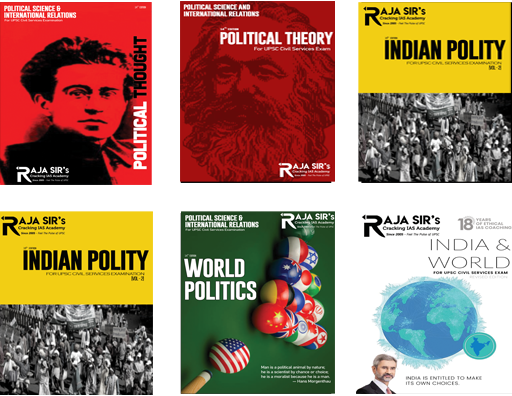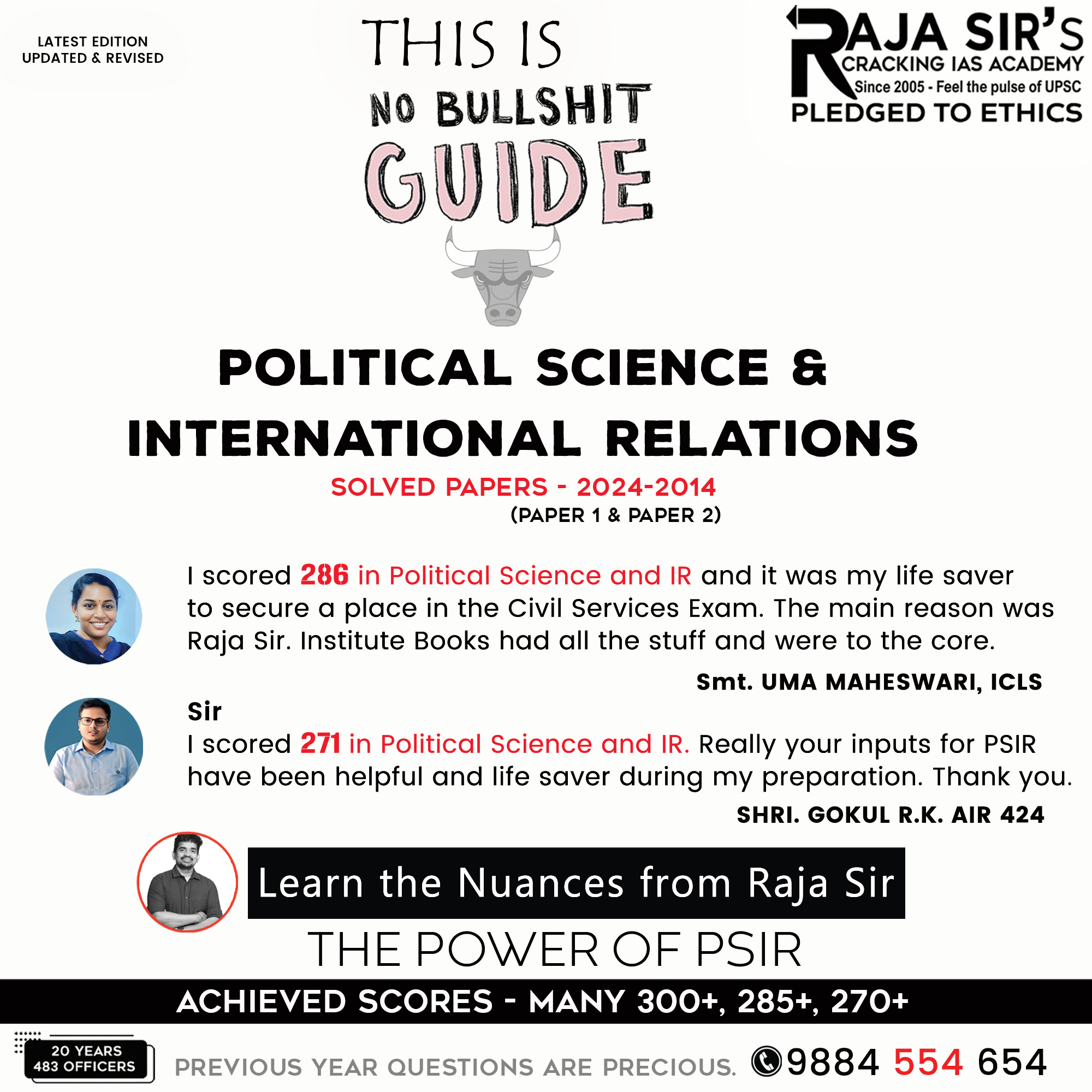- Home
- Prelims
- Mains
- Current Affairs
- Study Materials
- Test Series
Explain the Philosophical approach to the study of Political theory. (UPSC CSE Mains 2025- Political Science and International Relations, Paper 1).

The philosophical approach to political theory is fundamentally concerned with the normative and ethical dimensions of political life. It seeks to understand not just how political systems function, but how they ought to function.
At its core, this approach revolves around abstract reasoning and conceptual analysis. Philosophers of politics engage with foundational concepts such as liberty, equality, authority, rights, and justice. Philosophical political theorists use reason to explore questions such as:
- What is a just society?
- Why should individuals obey the state?
- What is the moral basis of law and authority?
 Historically, the philosophical approach has been shaped by towering figures like Plato, Aristotle, Hobbes, Locke, Rousseau, and Kant. Each of these thinkers offered distinct visions of the political good. Plato envisioned a society governed by philosopher-kings, where justice was achieved through a harmonious ordering of classes. Aristotle emphasized the role of virtue and civic participation in achieving the good life.
Historically, the philosophical approach has been shaped by towering figures like Plato, Aristotle, Hobbes, Locke, Rousseau, and Kant. Each of these thinkers offered distinct visions of the political good. Plato envisioned a society governed by philosopher-kings, where justice was achieved through a harmonious ordering of classes. Aristotle emphasized the role of virtue and civic participation in achieving the good life.
One of the strengths of the philosophical approach is its ability to challenge the status quo and imagine alternative futures. It encourages critical reflection on existing institutions and practices, asking whether they align with our highest ideals. This makes it particularly relevant in times of political crisis or transformation, when societies must reevaluate their foundational principles. However, the approach is not without criticism. Some argue that it is too abstract, disconnected from the messy realities of political life. Others contend that it can be overly idealistic, proposing visions of society that are difficult to implement.
Despite these critiques, the philosophical approach remains indispensable. It provides the moral compass by which political actions and institutions are judged. It reminds us that politics is not just about power and strategy, but about justice, dignity, and the common good. In a world increasingly driven by data and pragmatism, the philosophical method offers a space for reflection, imagination, and ethical clarity. It challenges us to ask not only what is possible, but what is right.










 Latest News
Latest News
 General Studies
General Studies